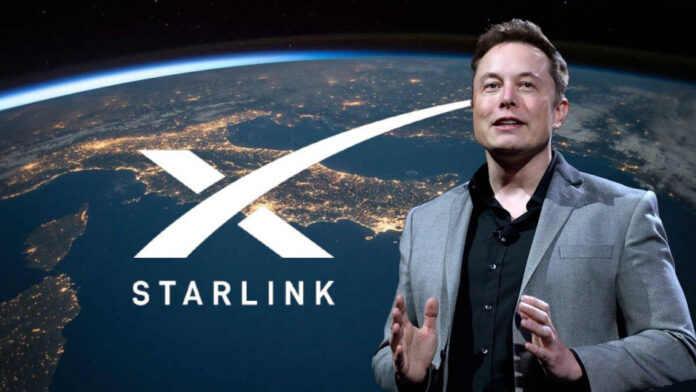Elon Musk’s satellite internet venture Starlink has secured a crucial licence from India’s Department of Telecommunications to launch commercial operations in the country, two sources confirmed to Reuters on Friday.
The move marks a major breakthrough for Starlink, which has been awaiting approval since 2022 to begin offering services in the South Asian market.
While the telecom licence is a significant step forward, Starlink is still required to obtain a separate licence from India’s space regulator before beginning operations. A third source familiar with the matter said that approval is “close,” but did not elaborate further.
Starlink is now the third satellite internet provider to receive permission from India’s telecoms ministry, joining Eutelsat’s OneWeb and Reliance Jio in the growing sector.
Elon Musk’s visit with Indian Prime Minister Narendra Modi in February helped advance discussions, including India’s concerns about national security protocols that Starlink must meet to operate.
Despite the approval, Starlink must still secure spectrum allocation from the government, install ground infrastructure, and pass testing phases to comply with security conditions. One of the sources noted the process could take “a couple of months at least” and would be rigorous. Sales of Starlink equipment and services can only begin after full security clearance is granted.
Back in March, telecom giants Jio and Bharti Airtel surprised the industry by announcing retail partnerships with Musk’s firm to stock Starlink hardware in their stores. However, the companies are still expected to compete directly in the satellite broadband market.
Starlink’s progress comes amid growing tension between Musk and the U.S. government, where a public dispute with President Donald Trump threatens $22 billion in SpaceX contracts and government space programmes.
In India, Musk’s Starlink also previously clashed with Reliance Jio, led by billionaire Mukesh Ambani, over how spectrum should be allocated for satellite services. The Indian government ultimately supported Musk’s stance — that spectrum should be assigned rather than auctioned.
India’s telecom regulator recently proposed a 4% annual revenue share from satellite service providers, a move that domestic players argue is unfairly low and could undermine their business models.
According to Deloitte, India’s satellite broadband market is projected to be worth $1.9 billion by 2030, attracting global players including Amazon’s Project Kuiper, which is still awaiting its operating licence.
Starlink and India’s Department of Telecommunications did not immediately comment on the development. The sources spoke on condition of anonymity due to the sensitivity of the subject.




